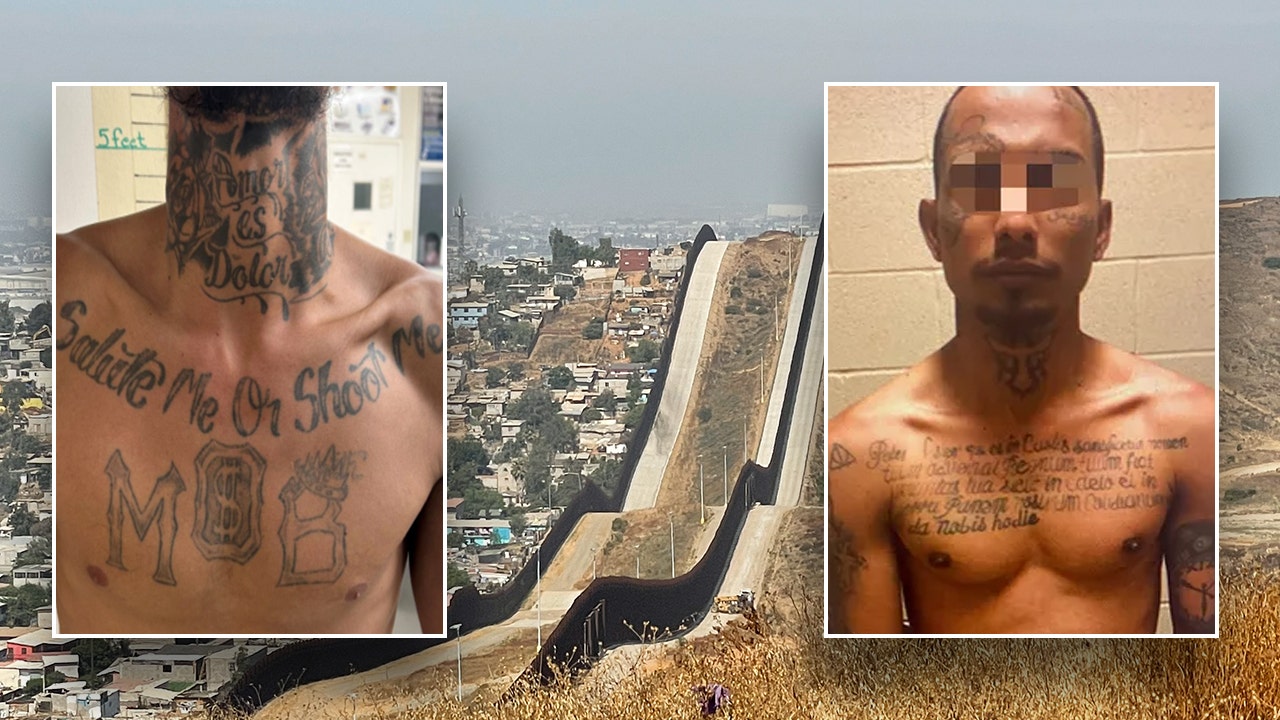Tren de Aragua believed to be behind murder of immigration official near border

Police in the Mexican state of Chihuahua suspect that the Venezuelan gang Tren de Aragua may be responsible for the brutal murder of a Mexican immigration official just south of the U.S. border. The victim, Luis Alberto Olivas, was tragically pushed down a hill and stoned to death by two Venezuelan migrants, David J.V. and Carlos Arichuna S.M., on December 30 near Ciudad Juárez, close to El Paso, Texas.
According to a report by Border Report, Mexican authorities believe that at least one of the suspects is affiliated with Tren de Aragua, a notorious criminal organization involved in drug and human trafficking in the region. Chihuahua Public Safety Director Gilberto Loya revealed that one of the alleged killers bears tattoos associated with Tren de Aragua, prompting further investigation into their ties to the gang.
The tattoos, particularly an owl symbol, are commonly found on Tren de Aragua members and often signify their role as human smugglers. The two suspects reportedly threw stones at Olivas, causing him to fall down a six-meter hill before smashing his head with a large stone, resulting in his death.
In a separate incident, the Texas Department of Public Safety apprehended four confirmed Tren de Aragua members attempting to illegally enter the U.S. The individuals, Segundo Ocando-Mejia, Pedro Luis Salazar-Cuervo, Antonio Joe Urruttia-Rojas, and Levi Jesus Urrutia-Blanco, were intercepted near the border, with Ocando-Mejia displaying tattoos indicating a possible leadership position within the gang.
Texas Governor Greg Abbott, known for his efforts to enhance border security, emphasized the importance of combatting the threat posed by Tren de Aragua. He expressed concern for the safety of Texans in light of the gang’s activities along the southern border.
The involvement of Tren de Aragua in such heinous crimes underscores the need for heightened vigilance and cooperation between Mexican and American authorities. The investigation into the murder of Luis Alberto Olivas and the apprehension of Tren de Aragua members serve as a stark reminder of the challenges posed by transnational criminal organizations operating in the region.




